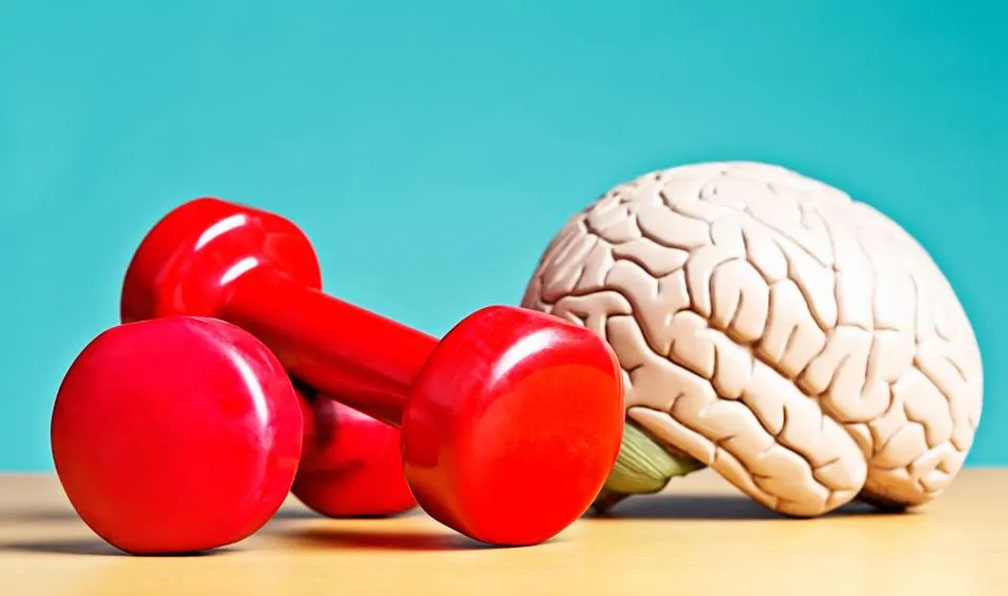It’s no secret that exercise is good for our health. It can help us lose weight, lower our blood pressure and cholesterol, help manage diabetes and reduce our risk of heart disease, stroke and some types of cancer. But exercise is also good for the brain.
Regular exercise can help improve our cognitive function, including memory, attention and problem-solving skills, and protect us from cognitive decline as we age, according to two recent studies published in Scientific Reports and The Journal of Physiology.
In the first study, scientists looked into the DNA of 350,000 people of all ages, the cognitive scores for 258,000 of them, and the physical activity of 91,000 of them. Using a novel and complex type of statistical analysis that goes beyond traditional observational research, the study firmly established that exercise does improve brain skills.
The second study explains how exercise keeps the brain healthy. For it, 12 healthy, young people rode exercise bikes at a leisurely pace for 90 minutes, followed by six minutes of intervals consisting of 40 seconds of all-out pedaling interspersed with 20 seconds of rest.
Before, during and after each session, researchers tracked a substance known as brain-derived neurotrophic factor (BDNF) in the subjects’ blood. BDNF is a protein that prompts the creation and maturation of new brain cells and synapses. They also measured levels of lactate or lactic acid, which the brain uses for fuel.
In previous studies of mice, when their brains begin to use lactate instead of sugar for energy, their BDNF levels increase and their cognitive abilities go up. The new study found that something similar happens to humans. During easy bike riding, the subjects’ lactate levels rose slightly after about 30 minutes, as did BDNF levels in their blood. But during and after six minutes of fast pedaling, lactate and BDNF soared.
The results show that any exercise is good for your brain and that longer or more intense exercise is even better.
Further studies are underway to determine the best types and ideal amounts of exercise needed to increase BDNF enough to improve brain health.
Current Exercise Recommendations
To obtain the most benefit from exercise, adults need 150 minutes of moderate-intensity or 75 minutes of vigorous-intensity physical activity a week, that’s 22 and 11 minutes a day, respectively. They also need muscle-strengthening activities two or more days a week, and those 65 and older should do balance activities three days a week.
Sources: The Washington Post, CNN, Centers for Disease Control and Prevention.



